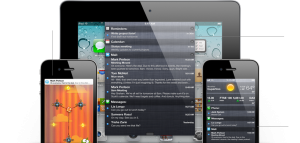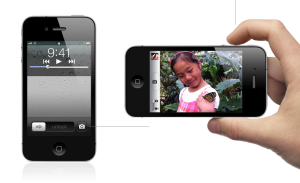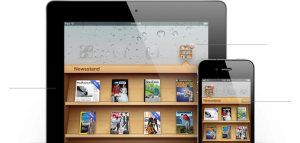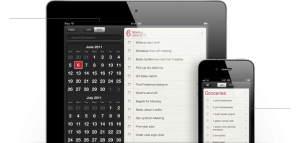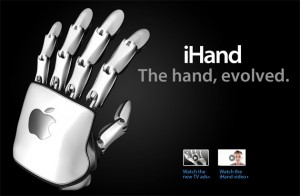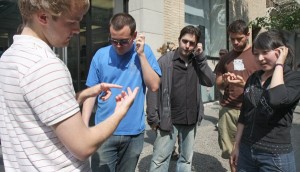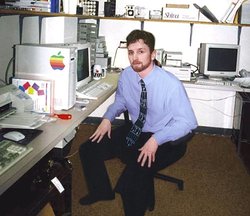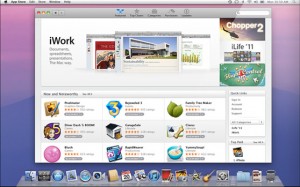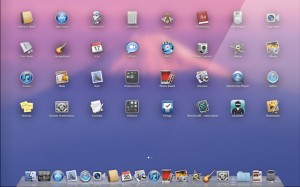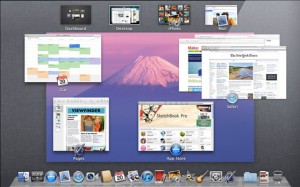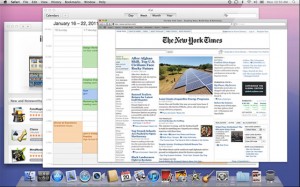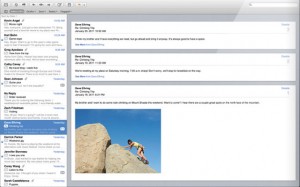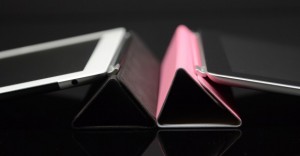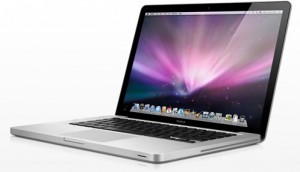Today I was reading about some current news coming from Apple Inc. and found three little stories that I thought I’d share with you.
Apple Retail Workers Union

It seems that Apple Store employee Cory Moll isn’t too happy with his $14/hr part-time wage he earns in his San Francisco Apple Store, so what does he do? Well, instead of asking his boss for a raise, working towards a promotion or possibly even finding a better-paying job, he decides to make a go at starting a union! The first argument that comes to mind is how well does $14/hr carry you in San Francisco? As I live in the Los Angeles area, I decided to use a cost of living calculator available at BestPlaces.net to compare salaries between Los Angeles and San Francisco. I was somewhat surprised to learn that the cost of living in San Francisco is about 43% higher than LA with housing being 69% greater.
With this information, I plugged in a salary of $29,000 per year. This is rounded down using $14/hr at 40 hours a week before taxes. The calculator tells me if you were making $29,000 in LA, you should find a job that pays $41,331 in San Francisco in order to maintain the same cost of living. Now, I’m not saying Cory can’t live off of $14/hr in San Francisco because I know plenty of other people are getting by making less (SF minimum wage is $9.92), but these numbers do paint a real picture.
The second argument is about whether a union would actually help retail employees or not. Typically, unions are found in heavy industries where work conditions generally include real-life dangers to health, long-term physical injuries and other ailments that employees must “suffer” while trying earn decent wages. Over the years, unions have helped to keep employees safe and protected against negligent employers. However, some might argue that due to the many changes in employment laws and protections offered to employees by national and state governments, unions are no longer necessary. I won’t get into that here, but the point is, aside from maybe securing higher salaries, what real good will a union of Apple employees do? I can imagine one negative downside to this: higher prices for consumers.
At any rate, Cory has acknowledged the daunting task ahead of him in trying to secure favor from all 325 Apple Stores, but he says his first task is to just get people talking.
The Most Common iPhone Passcodes
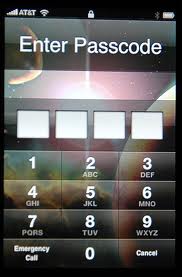
Hackers and wouldbe crazy girl/boyfriends listen up! According to the makers of the Big Brother Camera Security app, the most common passcode used on iPhone and iPod Touch devices is ‘1234’. The next most commonly used passcodes are ‘0000’, ‘2580’ and ‘1111’. The app, by the way, allows you to set your screen to lock like normal, but if someone grabs your phone and makes an attempt at accessing the device, it takes two photos of that person using the front facing camera.
The makers of the Big Brother app, Amitay, collected anonymous information from over 200,000 of its users to compile the list of most-used passcodes. Of course, these passcodes are only used in the app itself and Amitay has no access to find out what passcodes are being used on the iOS screen lock, but the results are still ironic considering these very insecure passcodes are being used by individuals who are also using security software.
All of this goes to show just how insecure our passwords are. This is especially true for those out there that not only use a very simple password, but end up using the same password on many different sites! If one lesson can be learned here, it’s to create a unique passcode, don’t use dates and don’t make it obvious. If all that fails, disable “Simple Passcode” in your iOS device—this allows you to create a real, complex password.
Verizon iPad 2 Recalled
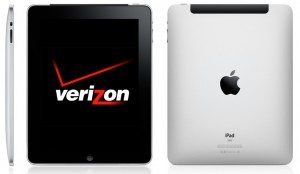
Ok, so the headline sounds a bit more alarming than the actual news, but the point is that a small number of Verizon iPad 2 units have been recalled due to problems with them connecting to the 3G network. Apple is claiming that an “extremely small number” of units have a manufacturers defect in them that makes it near impossible to get 3G service on the device.
It seems that the recalled devices suffer from having a duplicate MEID code of another device. This apparently happened during the flashing of the chips inside the device. It’s this MEID code coupled with a mobile equipment identifier that make each iPad unique. When an iPad goes to connect, the network authenticates these numbers with accounting to ensure that the device is authorized to be on the network. However, when two devices have the same MEID number, it’s game over for both of them or at least the one that tried to connect last.
It’s been reported that Apple caught the problem quickly, but not quick enough to keep any flawed units from entering the marketplace. With that said, if you have a Verizon iPad 2 and are having connection problems, head on down to the Apple Store and get yourself a new one.
